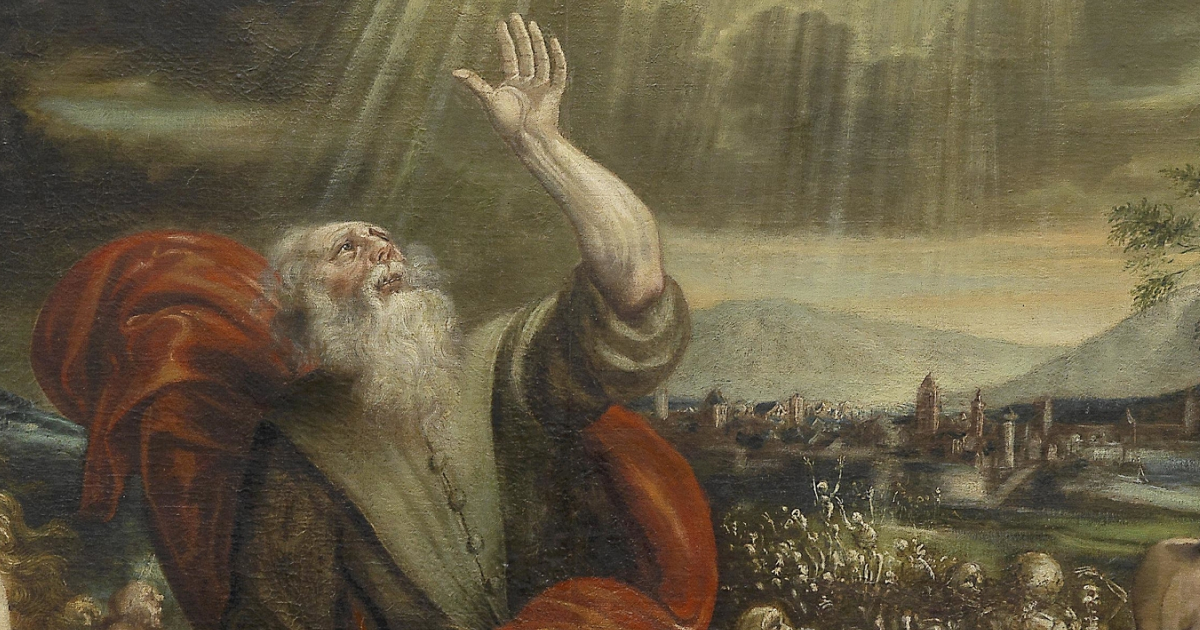I’ve heard it called the “omnicause”: the large cluster of distinct issues that are routinely lumped together in trendy progressive political campaigning — trans rights, Palestine, global warming, anti-racism and all the rest of it. Greta Thunberg, for example, who rose to fame seven years ago warning us that we had only five years before disaster, appears to have shifted her focus from climate catastrophe to Palestine, recently setting sail on the “Gaza flotilla” for the second time. Even if a protest or demonstration is ostensibly about welfare cuts or exploitation of workers, there will invariably be placards in the crowd expressing concern with something else. It often seems as though these matters are bundled together as a kind of package deal. You are expected to buy into them as a group, because — supposedly — they are all linked, all about liberation from the oppressive social and economic structures imposed by the rich, white heteropatriarchy. In this view, it makes no sense to engage with one of them and not the others. Everything has to be about everything all the time.
From a more conservative point of view, this is mistaken. We can’t solve everything. We cannot be the man who only has a hammer and therefore sees nails everywhere. We can address particular situations, with careful attention to the detail of specific problems, but there is no master key like Equality or Liberation that can provide a shortcut to social and political utopia. Genuine improvements are possible, but difficult.
There is a Catholic version of the omnicause, sometimes known as the seamless garment approach, or the consistent life ethic (CLE). On this view, it is wrong for Catholics to talk about “life issues” — abortion, euthanasia, embryo research — as their own distinct subset of the Church’s ethical and political teaching, because immigration and fair wages and the maintenance of the welfare state are also life issues. Ultimately, for proponents of this way of thinking, all these things are about human dignity, and are all linked together by the Church’s vision for a just society, so it is potentially misleading to talk about the life issues by themselves, and certainly wrong to emphasise them above other matters. If we want to talk about assaults on the unborn, we must also talk about the living wage or the migrant crisis (although curiously enough, this doesn’t seem to be a two-way street; proponents of the CLE rarely scold pro-immigration campaigners or climate activists for not talking enough about abortion).
A point against this view is that the Church does permit Catholics to prioritise. Section 58 of Evangelium Vitae states that “procured abortion has characteristics making it particularly serious and deplorable”. In the 2004 document Worthiness to Receive Holy Communion: General Principles, Pope Benedict — then Cardinal Ratzinger, head of the Congregation for the Doctrine of the Faith — reiterated that “not all moral issues have the same moral weight as abortion and euthanasia”. Throughout the document, support for the legality of those two sins is treated as a paradigmatic example of a Catholic politician who is failing to support the teaching of the faith. For his illustration of such an individual, Ratzinger does not cite having conservative views on economics or favouring low immigration. It is, rather, direct assaults on innocent human life, especially vulnerable human lives, that he takes as the most obvious and serious contradiction of Catholic political ethics. The corollary here is that we are permitted to separate issues out and consider them separately.
There is a certain metaphysical logic to the “everything, all the time” stance from the Christian perspective. All the disorders of human society — the challenges politics must address — are downstream from the same spiritual cause, namely our alienation from God and rebellion against him. But it does not follow that human politicians, dealing with practicalities on this side of eternity, can or should apply a single rhetorical or analytical frame, like human dignity, to all disputes and debates. Employers paying inadequate wages and the mass termination of unborn life are both wrong, but they are wrong in different ways, to different degrees, and for different reasons. The political solutions required are different.
Taken as a moral problem, abortion is quite simple for Catholics, considered from first principles. But there is no such straightforward clarity about the demands of justice in an area like the living wage, or the right level of taxation, or the number of immigrants a country should admit. It might even be said that the Church does not have a single teaching on immigration or economics in the same sense that it has a teaching on the sanctity of life. Teaching documents on economics are helpful, but of necessity they provide the parameters of Catholic discussion: broad aims and objectives for a just society, rather than detailed prescriptions. We need not give identical weight to all these matters. Not everything has to be about everything all the time.





.jpg)











